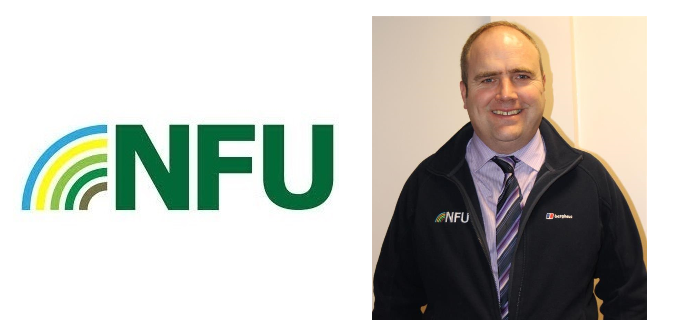By Gary Ford, chief poultry advisor, NFU
Food is at the heart of everything we do as an industry. I am stating the obvious by saying that producing high-quality, safe and affordable chicken and eggs for the nation, which can be traced back to British farms is central to business. But another priority for all farmers is the health and welfare of their birds, and the right feed for them is incredibly important.
It is a familiar fact that feeding poultry is by far the biggest cost for businesses and getting the right feed makes a huge difference. That’s why we’re always keeping a keen eye out for any new developments in this area, as even marginal gains could make a significant difference. That’s why the NFU poultry board has decided to make exploring alternative raw feed materials one of its priorities.
There is one feed development that the NFU, and in particular our poultry board chairman Thomas Wornham, has taken a keen interest in and that is insect protein. It’s fascinating and comes with a number of benefits, if it can be harnessed commercially for the wider industry.
It can help to improve the health and welfare of our birds, improve gut health and microbiome balance, produce stronger eggs, strengthen the bone structure of birds and even help to reduce the reliance on medicines and antibiotics as live insects contain natural antimicrobial peptides.
One benefit of insect protein is its ability to reduce our impact on the environment. The possibility to incorporate more insect protein into our poultry feed regime could see a reduced reliance on soya, which would help the sector’s overall carbon footprint.
While at the moment the prospect of incorporating insect protein into our businesses may seem rather futuristic, the meetings the NFU has been involved with have shown that it is being taken very seriously indeed. We are very keen that the UK Government should take the necessary measures to permit its use and encourage investment in insect protein start-ups and the wider feed sector. This could be the next revolution in poultry production and it’s exactly the sort of forward-thinking technology that makes our sector known as one of the most progressive and innovative in agriculture.


